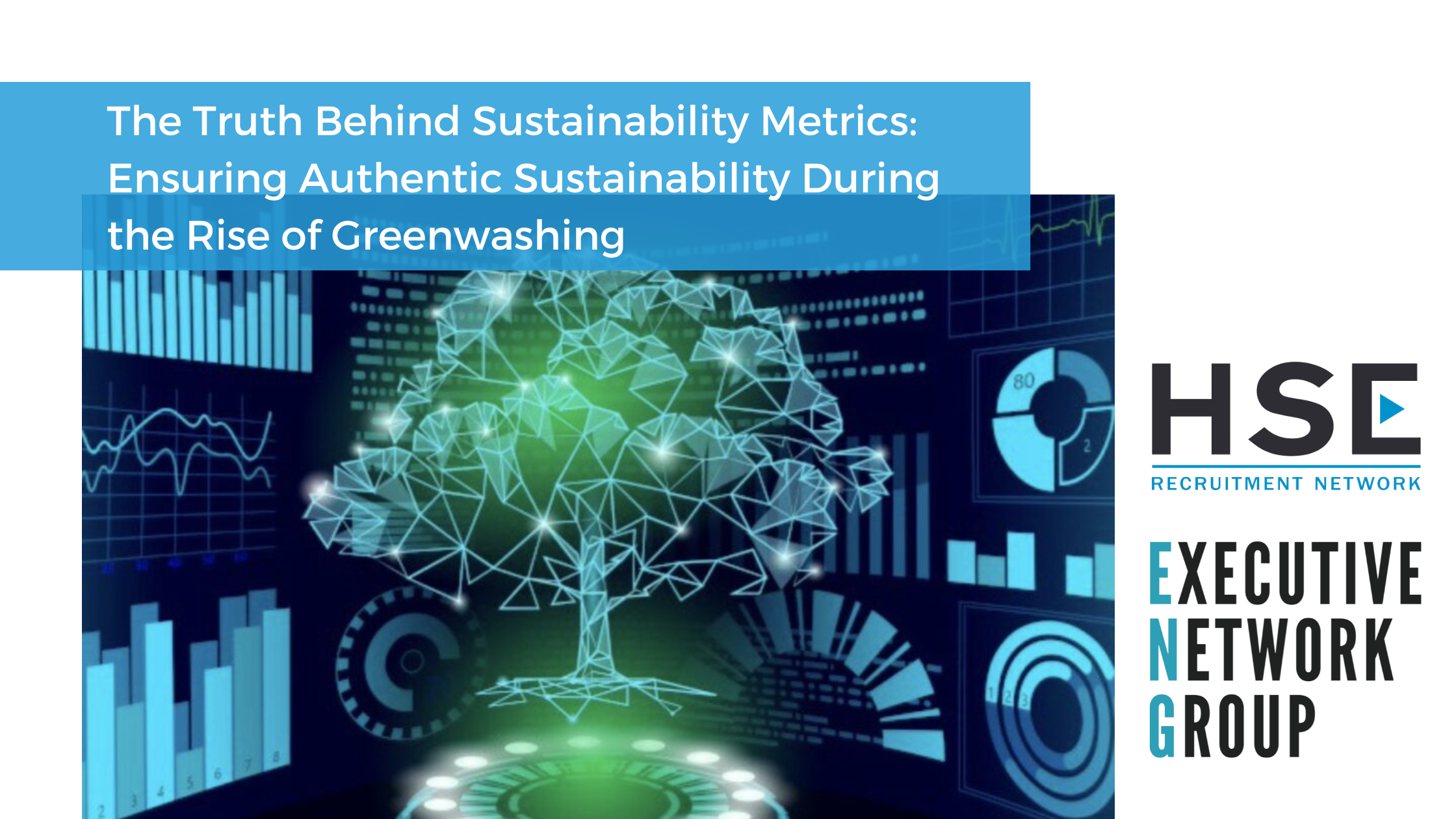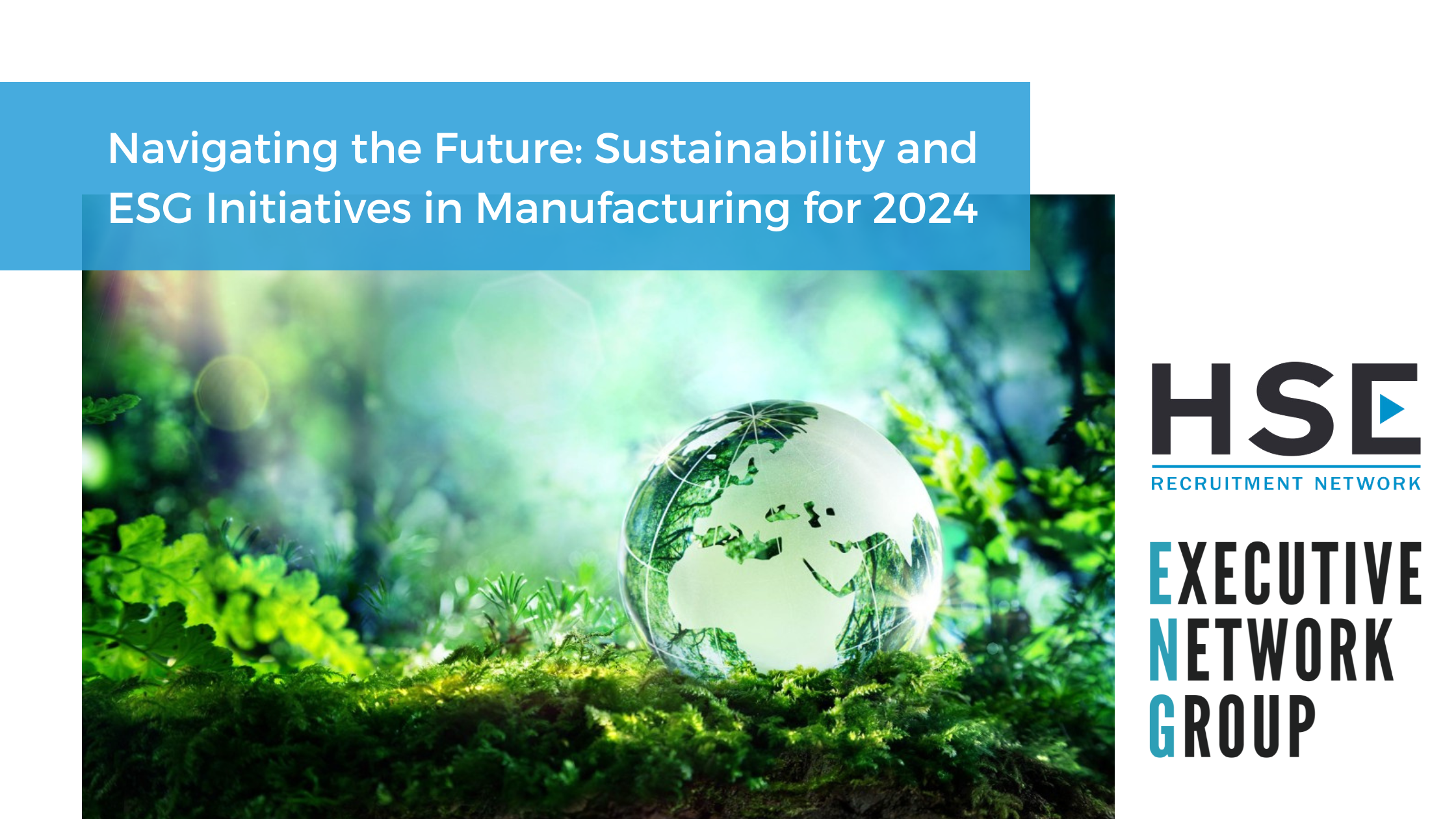The Truth Behind Sustainability Metrics: Ensuring Authentic Sustainability During the Rise of Greenwashing

In today’s world, where sustainability has become a buzzword, metrics are playing a pivotal role in gauging a company’s commitment to environmental and social responsibility.
As businesses scramble to demonstrate their eco-friendly and social practices, the scrutiny of these metrics has never been more intense. However, amidst genuine efforts comes a dangerous trend – greenwashing and social washing – where companies exaggerate or misrepresent their sustainability efforts. To counter this, rigorous checks and audits of metrics have become essential to support authenticity and accountability.
The Metric Issue
Metrics, ranging from carbon footprint reductions to diversity ratios, have become some of the key subjects of sustainability reporting. They provide assessable measures that allow clients/customers to review a company’s performance objectively. However, the surge in metrics has created an issue….With no universal standard, companies are able to create their own metrics or adopt vague frameworks that lead to inconsistencies and questionable results. This is the perfect place for greenwashing to occur and issues to remain unchallenged.
Auditing Authenticity
To combat greenwashing, auditing has become a crucial tool. External auditors are able to scrutinize a company’s sustainability metrics, reviewing not just the numbers but also the practices involved. This ensures transparency and credibility in the reporting. Auditors delve deeply into data collection processes being used at a company to verify their accuracy. They will assess the truth between stated objectives and actual outcomes all the while highlighting any discrepancies and inconsistencies. On top of this, audits go beyond numerical metrics, covering aspects like culture and stakeholder engagement.
Standards and Certifications
Standards play a pivotal role in streamlining sustainability metrics. Frameworks like the Global Reporting Initiative (GRI) and the Sustainability Accounting Standards Board (SASB) provide guidelines for companies to report their environmental, social and governance (ESG) performance consistently. Adherence to these standards reinforces accountability and paired with certifications such as B Corp and ISO 14001 validates a company’s sustainability claims through assessment conducted by independent bodies. These certifications are a stamp of authenticity, instilling confidence among both consumers and investors
Technology and Metrics
Technology has transformed the auditing process making it far more efficient. Data analytics tools flag any anomalies and patterns that require further investigation. Blockchain technology ensures sustainability data can be traced which stops the risk of manipulation (greenwashing). Digital platforms promote stakeholder engagement which allows consumers and investors a chance to voice concerns and demand accountability.
Challenges and the Future
Despite huge strides forward in auditing processes and the rise of technology, challenges still persist. The lack of standardised metrics and inconsistent reporting frameworks continue to complicate matters. Auditing can also be resource intensive, for smaller companies with limited budgets there is a further issue. However, the growing awareness and regulatory pressures are driving companies towards better transparency and accountability.
As sustainability makes its way into the boardroom, the scrutiny on metrics has intensified. Auditing becomes a defence against greenwashing, ensuring companies can back themselves when it comes to environmental and social responsibility. By embracing technology and standardised frameworks, companies can begin to pave the way for a sustainable future.
If you’re a sustainability enthusiast seeking career options or an organisation looking to make positive change, feel free to reach out and explore how I can support your sustainability and environmental recruitment plan this year.

.png)